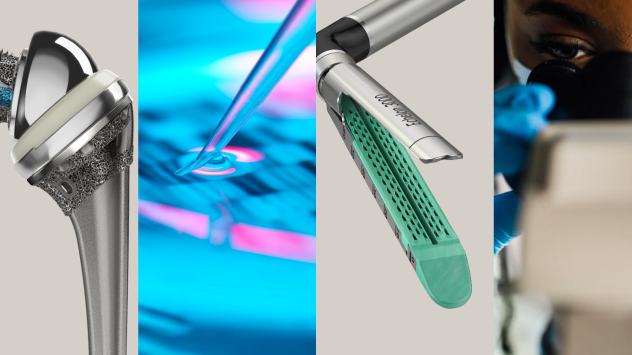- Home
- Atrial fibrillation
Atrial fibrillation
5 things we now know about atrial fibrillation
More than 50 million people worldwide are affected by this common type of heart arrhythmia. Learn the facts behind this heart condition, plus one patient’s diagnosis story.
What is cardiac ablation?
Learn how Johnson & Johnson is innovating to help treat the millions of people who are living with atrial fibrillation and other conditions that cause an irregular heartbeat.
13 innovations that inspired us in 2023
A treatment for an incurable cancer. Catheters to better diagnose and treat AFib. A surgical stapler that’s easier to use. These are just some of the Johnson & Johnson advances that are helping improve the health of people everywhere.
4 questions for a data science innovator
Hidden in large amounts of digital information—such as anonymized medical records—may be the keys to transforming the future of healthcare. Troy C. Sarich, Ph.D., Johnson & Johnson’s Chief Commercial Data Science Officer, shares how the company is carefully collecting, analyzing and harnessing this information to improve the health of people everywhere.
Quiz: Could you have AFib and not know it?
Some 33 million people worldwide have atrial fibrillation, a form of heart disease that can lead to stroke. Are you at risk? For AFib Awareness Month, take this quiz to test your AFib know-how.
Can an Apple Watch reduce the likelihood of suffering a stroke? The innovative study that’s tackling the problem of AFib
Cardiologist C. Michael Gibson is heading up a virtual research study that uses wearable technology and cutting-edge apps to help detect atrial fibrillation, one of the biggest risk factors for stroke. We dive into how the study will work.





